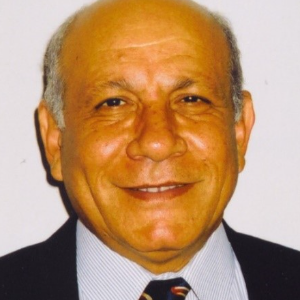Oilfield well testing is a crucial process in the oil and gas industry for assessing the performance and characteristics of a newly drilled or existing well. Well testing involves the controlled flow of reservoir fluids to the surface, allowing engineers to measure parameters such as flow rates, pressure, temperature, and fluid composition. This information is essential for determining reservoir properties, estimating reserves, and designing optimal production strategies. Well testing is typically conducted during the exploration and appraisal phases to evaluate the productivity of a well and understand the reservoir's behavior. It is also performed periodically throughout a well's production life to monitor changes in reservoir conditions. The data obtained from well testing aids in reservoir management decisions, such as adjusting production rates, optimizing well completion designs, and implementing enhanced oil recovery methods. Various well testing methods exist, including drillstem testing, production testing, and interference testing, each tailored to specific objectives and reservoir conditions. Drillstem testing involves isolating a portion of the wellbore to assess downhole pressure and fluid properties. Production testing involves measuring the flow rates and properties of fluids produced from the well over a specific duration. Interference testing, also known as interference or pressure transient testing, involves manipulating the pressure in one well to observe its impact on neighboring wells, providing insights into reservoir connectivity and properties. Advanced technologies, such as real-time downhole sensors and wireless telemetry, enhance the accuracy and efficiency of well testing operations. Well testing is a critical component of reservoir evaluation and management, enabling operators to make informed decisions for maximizing hydrocarbon recovery, optimizing production, and ensuring the long-term viability of oil and gas assets.

Anthony J Sadar
Environmental Science Communication, LLC, United States
Selim Sanad Shaker
Geopressure Analysis Services, United States
Sharma Dronamraju
AKD Professional Solutions Inc., United States
Ross Cygan Taylor
North Sea Transition Authority, United Kingdom
Saleh Alqahtani
Saudi Aramco, Saudi Arabia
Abdulrahman Bahashwan
Saudi Aramco, Saudi Arabia



Title : The Vacuum Insulated Heatable Curtain (vihc): From conceptual invention to market deployment as a cost-effective dual solution for window heat loss reduction and localised radiant comfort
Saim Memon, Sanyou London Pvt Ltd, United Kingdom
Title : Transforming waste plastic into hydrogen: Progress, challenges, and future directions in pyrolysis-based integrated pathways
Nur Hassan, Central Queensland University, Australia
Title : Unlocking UKCS potential through collaborative well interventions
Ross Cygan Taylor, North Sea Transition Authority, United Kingdom
Title : Driving excellence in marginal field development and operations through an integrated smart strategy to unlock challenging sour oil
Sharina Al Muhairi, ADNOC Onshore, United Arab Emirates
Title : Innovative solutions for accurate and efficient gas monitoring
Raysa Bani Ibrahim, Abu Dhabi National Oil Company, United Arab Emirates
Title : Innovative solutions for accurate and efficient gas monitoring
Mariam Alzaabi, Abu Dhabi National Oil Company, United Arab Emirates